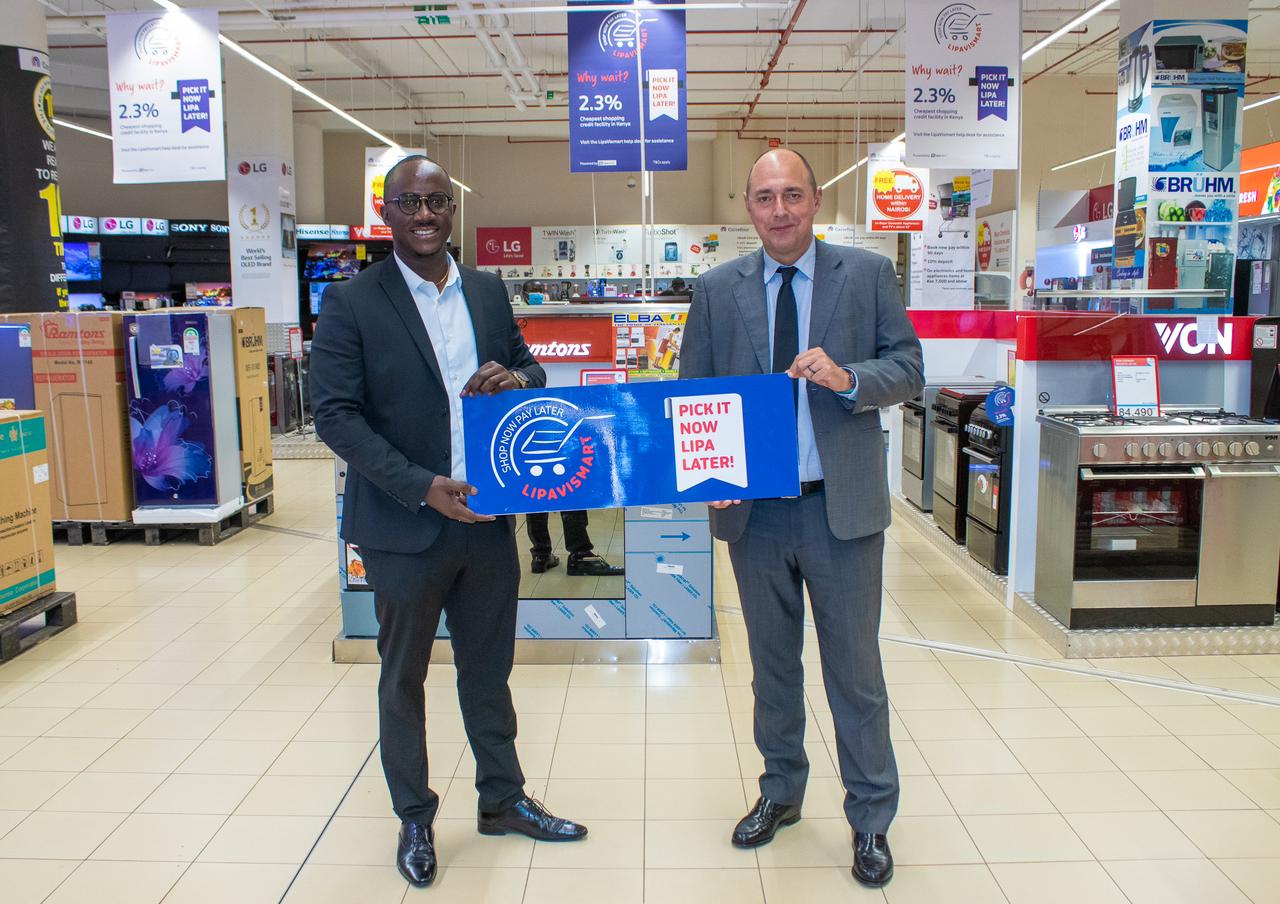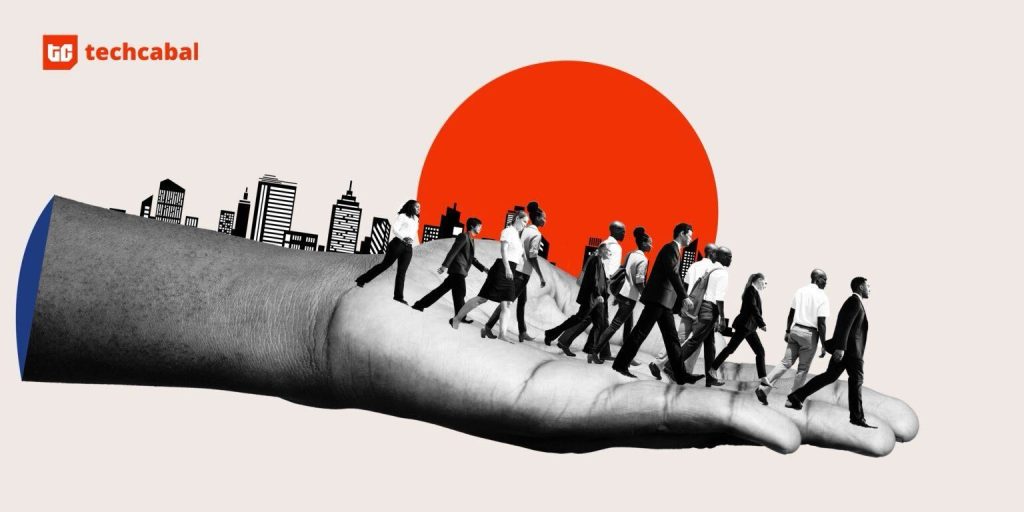Lipa Later, a Kenyan buy-now-pay-later (BNPL) company, has raised $12 million pre-series A to expand across Africa. This brings the company’s total funding to about $16 million to date.
The funding, which is a mix of equity and debt, was co-led by GreenHouse Capital and Lateral Frontiers VC, which led the company’s seed investment. The round also saw participation from Cauris Finance, SOSV IV LLC, Sayani Investments, and Axian Financial Services.
The company said this new fund will allow them to provide their buy-now-pay-later services to its current pipeline of consumers, solidify their presence in current markets—Kenya, Uganda, Rwanda—and expand into new markets such as Nigeria, South Africa, Ghana, and Tanzania.
Founded in 2018 by Eric Muli, Lipa Later started as a programme to help internal employees access mobile phones that’d allow them to be efficient at work. Muli had initially founded Alpha Force Security Ltd, a company that dispatches security guards to homes and offices in Kenya.
In 2017, Alpha Force started a mobile phone financing programme for their employees—especially their guards—but found out there was no company offering a mobile phone BNPL solution, so they decided to tackle it themselves.
“We started looking around to see if there’s a BNPL platform in the region, but there was none. So, at that point, we just did it ourselves,” Muli told TechCabal over a call.
In 2017, there was no BNPL company focused on mobile phones in Kenya; the ones available, like M-Kopa, are mostly into solar power. So Lipa Later capitalised on this throughout 2017 and put hundreds of mobile phones in the hands of their employees and later external people.
Helping their employees to get mobile phones was a kind of pilot; it brought them close to the market and, as a result, they realised that for every one Alpha guard that received a phone, there were hundreds of people outside who needed one but couldn’t afford it. So, after some research, Muli and his team became certain that they could extend this solution to more Kenyans; and in 2018, they built a tech-enabled product and launched it to the public.
Within 3 years of operation, Lipa Later extended its offers into more retail options like electronics, furniture, home appliances, etc.
Other than the traditional offline method of buyers purchasing items in stores, Lipa Later has tapped into the rapidly growing online presence across Africa and built a unique BNPL option API that integrates into e-commerce platforms and enables merchants to sell products directly to consumers and pay for them in affordable monthly installments.
“Lipa Later is not a BNPL platform for only phones; it’s for anything that is retail. When we started out, we were doing things heavily manually. But we’re now fully tech-enabled; we integrate directly into e-commerce platforms and payment gateways.”
Muli said the company also offers an offline solution for the merchants and small-scale retailers that have not yet moved online. He also said Lipa Later has served about 200,000 customers so far and maintained a 100% year-on-year growth.
Lipa Later’s proprietary credit scoring and machine learning system enable the consumer to sign up and get a credit limit in seconds without the need for bulky documentation and a lengthy credit approval process.
Speaking about the investment, Samakab Hashi, Partner at Lateral Frontier VC, one of Lipa Later’s first and lead investors, said, “Over the last few years, we have watched Eric and his team put together the building blocks for pan-African expansion, and this round of funding takes Lipa Later one step closer to being the dominant BNPL player on the continent.”
“We are excited to be working with our investors as we look to grow and expand to more markets in Africa. In the next 12 months, we are looking to grow and double our presence in the existing markets, even as we open in 3–5 new markets in Africa,” Muli said in a statement made available to TechCabal.
“Lipa Later is not only changing the consumer credit landscape across Africa, which to date has been largely inaccessible for most, but also catalysing the future of shopping, e-commerce, and payments,” said Ruby Nimkar, Partner at GreenHouse Capital. “They’ve done this in a true product- and customer-led way that benefits both merchants and consumers and has proven to be incredibly scalable across multiple markets.”
The BNPL movement is waxing strong in Africa and so is the competition it brings. Lipa Later, even though it’s one of the early companies in the space in Kenya, has a lot of companies with the capital war chest to contend market share with. There is M-Kopa—which have since expanded into phones and retail products—in Kenya and Uganda. There are also CDCare, PayQart, Carbon, and even M-Kopa in Nigeria, where it just went live on Monday. In South Africa, there are PayJustNow and Payflex—which was recently acquired by Australian BNPL Zip.
But Muli was sure that they don’t only have what it takes to compete but to emerge as industry leaders in the new market. One of Lipa Later’s cards is its wide array of exclusive merchants and world-renowned brands such as Carrefour, Apple, Tecno, Samsung just to mention a few, a strategy it has used to stay atop the market in East Africa and one it intends to carry along to the new markets.




















